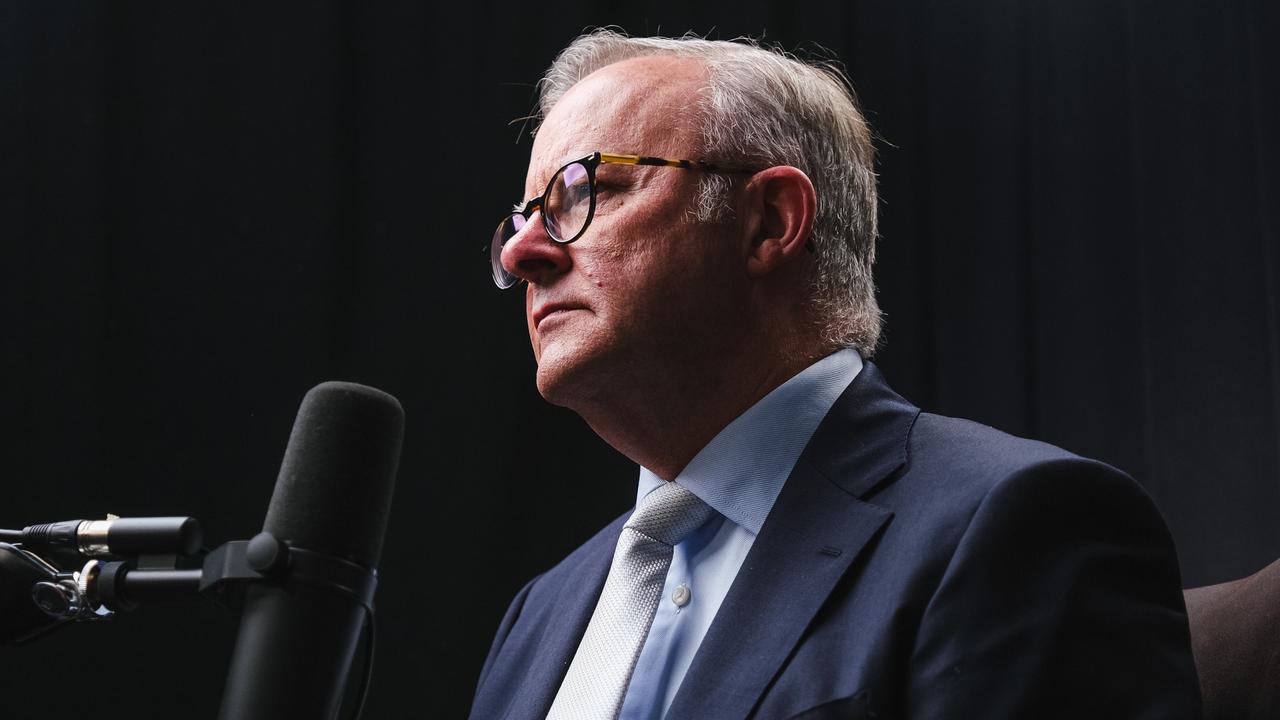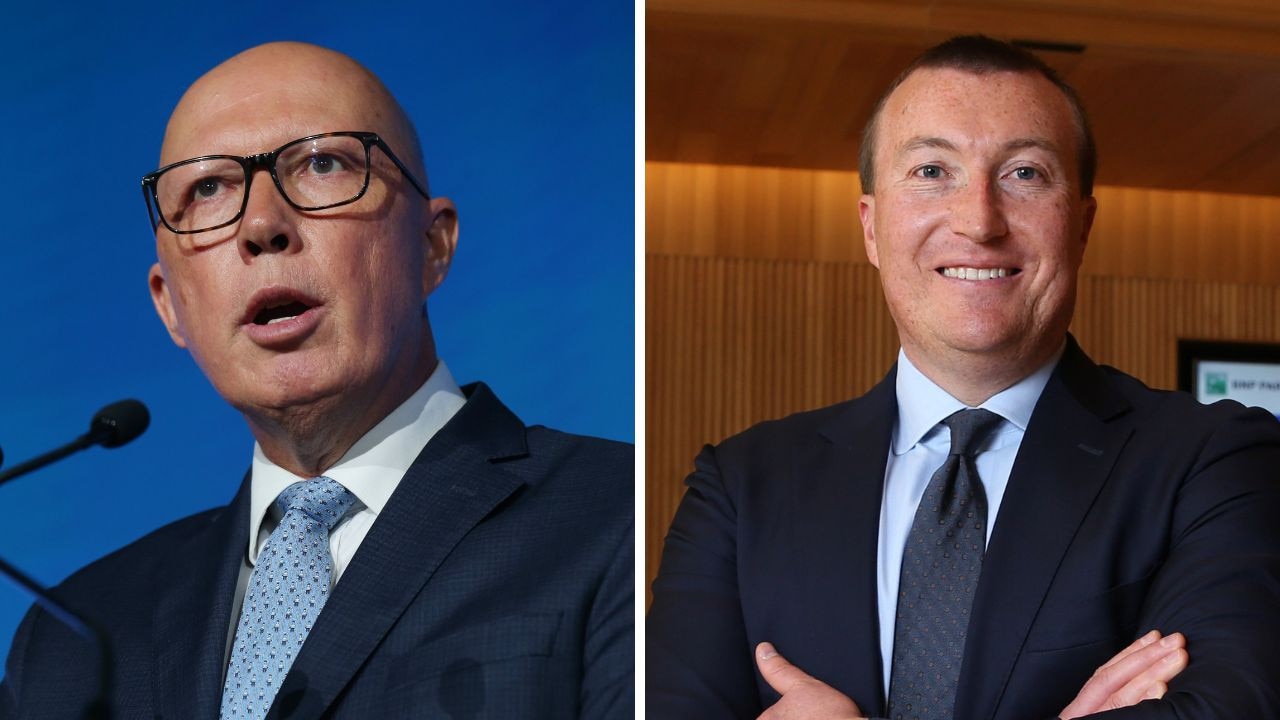Home schooling fuels tutoring trend as parents pay for remedial lessons
Homeschool numbers have doubled since the pandemic as students refuse to return to class, with tutors no longer just ‘filling in the gaps’.
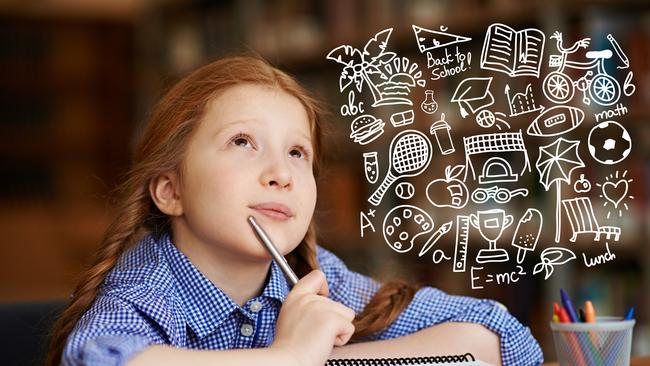
Tutoring companies are cashing in on schooling failures, with homeschool numbers doubling since the pandemic as students refuse to return to class.
Parents are homeschooling a record 43,349 children – twice as many as in 2019, before the Covid-19 pandemic forced prolonged school shutdowns in Victoria and NSW and sporadic closures in other states.
In the wake of the pandemic, the biggest tutoring companies have exposed the educational scars of children who failed to learn the alphabet or numbers during lockdowns.
Despite rising cost-of-living, concerned parents spent $39m in online tutoring last year through Cluey Learning, which reported a 15 per cent annual rise in revenue. Another $27m was spent on 2 million lessons through the Kip McGrath franchise, where revenue jumped 9 per cent last year.
The Australian Tutoring Association’s (ATA) latest survey of 120 members reveals parents are paying between $50 and $110 an hour for one-on-one lessons.
Forty per cent of parents used tutoring purely for remedial lessons – and 9.2 per cent pinned the reason on “poor teaching at schools’’. One-third of tutors reported a rise in home schooling and nearly half had seen an increase in “school avoidance’’ over the past two years. Four out of 10 students had been tutored for more than two years.
ATA chief executive Mohan Dhall said: “Kids are further behind than they were before the pandemic. A higher proportion of students are school-resistant, or school-refusing.’’
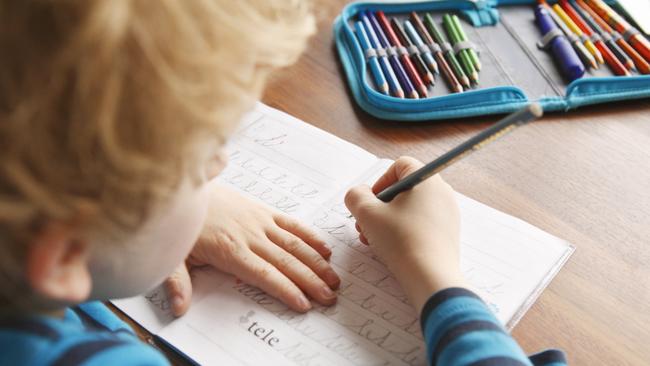
Success Tutoring chief executive Michael Black said inquiries for face-to-face tutoring had surged 60 per cent since the start of the pandemic.
Home schoolers made up one in three of his company’s clients, he said, compared with 3 per cent before the pandemic.
“We’re getting kids who don’t know how to read and write,’’ Mr Black said.
“Historically speaking, tutoring is supposed to fill in the gaps, not build a foundational understanding. We are seeing that school systems are failing to teach the basic foundational concepts.’’
This week, one million children will take part in the annual NAPLAN (National Assessment Program – Literacy and Numeracy) tests, which revealed last year that one in three students had failed to meet the baseline standard for literacy and numeracy.
Mr Black said the pandemic had affected primary school children’s grasp of the building blocks of learning – and some in Year 3 could not write their names. “Students who started primary school during Covid were the most impacted because the first few years are the most important for their development,’’ he said.
“It’s effectively put them two to three years behind. The impact of school closures has not only affected their learning, but also their confidence and resilience.’’
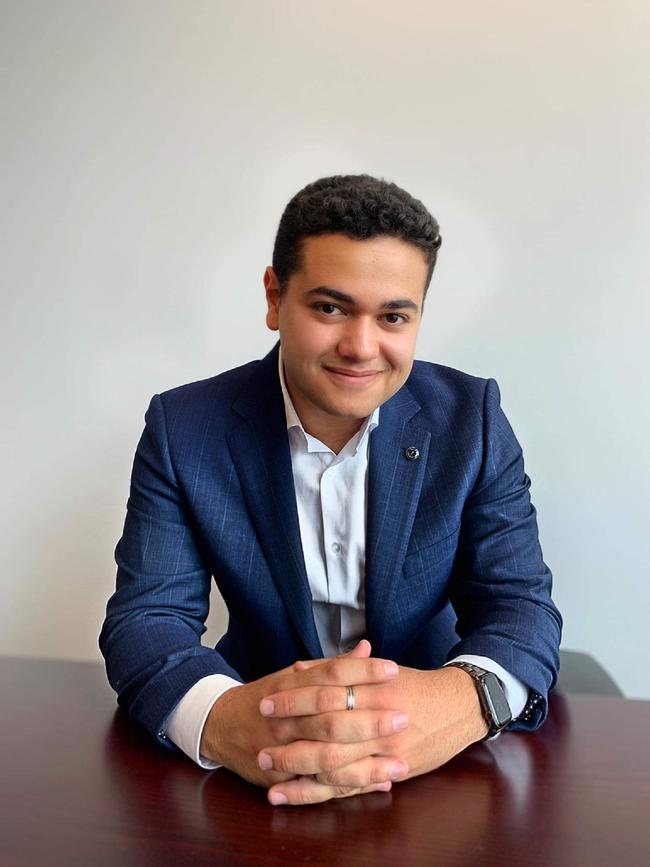
The number of children tutored through Cluey’s live lessons online has soared from 8319 in 2020 to 58,019 last year.
The NSW government is using Cluey Learning to help children in state schools catch up in the wake of the pandemic.
Cluey chief learning officer Selina Samuels said the pandemic had “laid bare the number of kids who have additional learning needs’’.
“I’m not just talking about neurodiversity, but mental health issues and anxiety,’’ Dr Samuels said.
“When we came out of Covid, there was a large number of students who were really quite reluctant to go back to school.
“The mainstream education system doesn’t work for all students.’’
Dr Samuels said small gaps in knowledge in the primary school years became much larger gaps as kids proceeded through school.
The surge in school refusal has forced the Queensland government to introduce legislation forcing parents to follow the national curriculum while teaching children at home. A Queensland Education Department spokesman said the number of children being homeschooled had tripled to 10,048 since 2019.
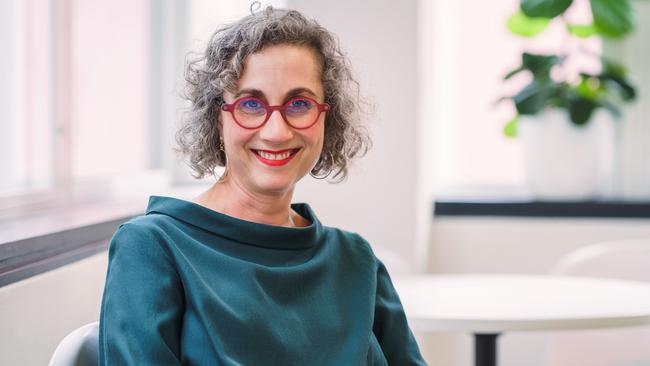
Euka Future Learning, Australia’s biggest homeschooling provider, is providing tailored curriculum materials to 17,000 students – up from 600 in 2019. Chief executive Brett Campbell said many children and teenagers were “struggling with the education system’’.
“Home schooling was always seen as something for religious families, or children with learning disabilities,’’ Mr Campbell said. “But now there are so many families who see this as an opportunity … a lot of parents were disillusioned with the way schools handled lockdowns and sent work home.
“They thought, ‘Look, I might as well do it myself’.’’
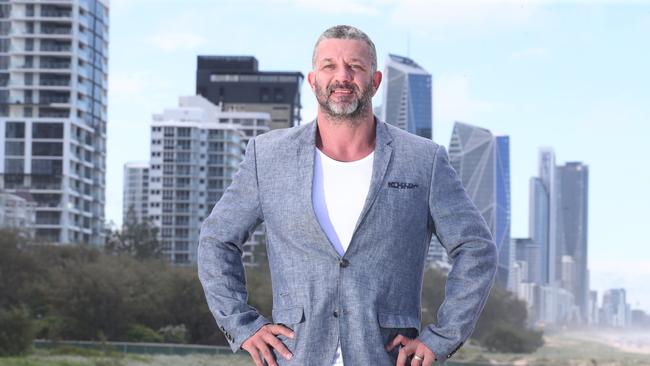
Mr Campbell said a typical student can finish a day’s worth of school work in two or three hours, and focus on a subject of interest rather than switching lessons every 40 minutes in a traditional classroom.
He said homeschooled students can also enter university without sitting the Higher School Certificate to obtain an ATAR (Australian Tertiary Admission Rank).
“Historically, if you wanted to go to university, you had to go through school and get an ATAR,’’ he said.
“We have agreements with all the major universities in the country, which essentially means if you go through our program you don’t need to sit the exam, and you’ll be guaranteed a spot in one of our partner universities.’’
Mr Campbell said families paid $2500 to $3000 for the Year 11 and 12 home schooling service.






